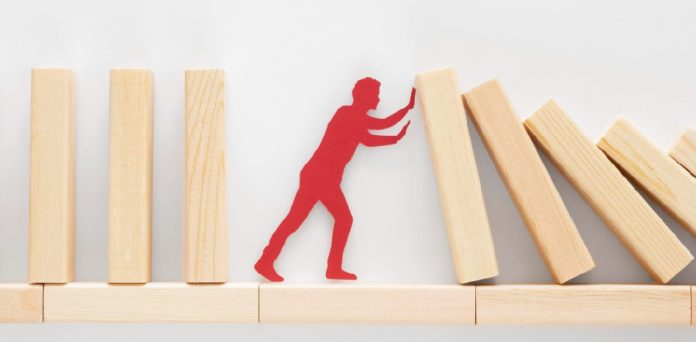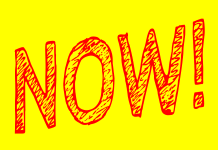
Unfairness is an unfortunate and inevitable part of life. We’ve all encountered situations where we felt treated unjustly, whether it’s in our personal relationships, at work, or in society at large. Dealing with unfairness can be challenging, but it’s essential to find healthy ways to cope and, when possible, make a positive change. In this article, we will explore strategies to address unfairness and empower ourselves to effect change.
1. Acknowledge Your Feelings:
The first step in dealing with unfairness is acknowledging your emotions. It’s natural to feel hurt, angry, or frustrated when you perceive something as unfair. Don’t suppress these feelings; instead, allow yourself to experience and process them. Understanding your emotional response is crucial for moving forward.
2. Seek Perspective:
Step back and try to gain perspective on the situation. Sometimes, what appears unfair at first glance may have a broader context or reasons that aren’t immediately apparent. Engage in open and honest conversations with those involved to gain insight into their perspectives and motivations.
3. Focus on What You Can Control:
Unfairness often arises from circumstances beyond your control. Instead of dwelling on these aspects, shift your focus to what you can control. This might include your reactions, choices, or your approach to the situation. Empower yourself by taking charge of the aspects within your influence.
4. Take Constructive Action:
If you believe that a situation is genuinely unfair and detrimental, take constructive action. This could involve addressing the issue directly with the parties involved, seeking mediation, or even advocating for change on a larger scale. Activism and advocacy have been powerful tools for addressing systemic unfairness.
5. Self-Care and Resilience:
Unfairness can take a toll on your mental and emotional well-being. Prioritize self-care and resilience-building activities, such as exercise, mindfulness, and relaxation techniques. These practices can help you maintain your emotional balance and strength.
6. Learn and Grow:
Unfair experiences can be opportunities for personal growth and learning. They can foster resilience, empathy, and a deeper understanding of the world. Use these experiences as a catalyst for personal development and as a driving force for positive change.
Conclusion:
Unfairness is a challenging aspect of life, but it can also be a catalyst for personal growth and change. By acknowledging your feelings, seeking perspective, focusing on what you can control, taking constructive action, prioritizing self-care, and using unfair experiences as opportunities for learning, you can navigate and overcome unfairness with resilience and grace. In doing so, you empower yourself to make a positive impact on your life and the world around you.
























































